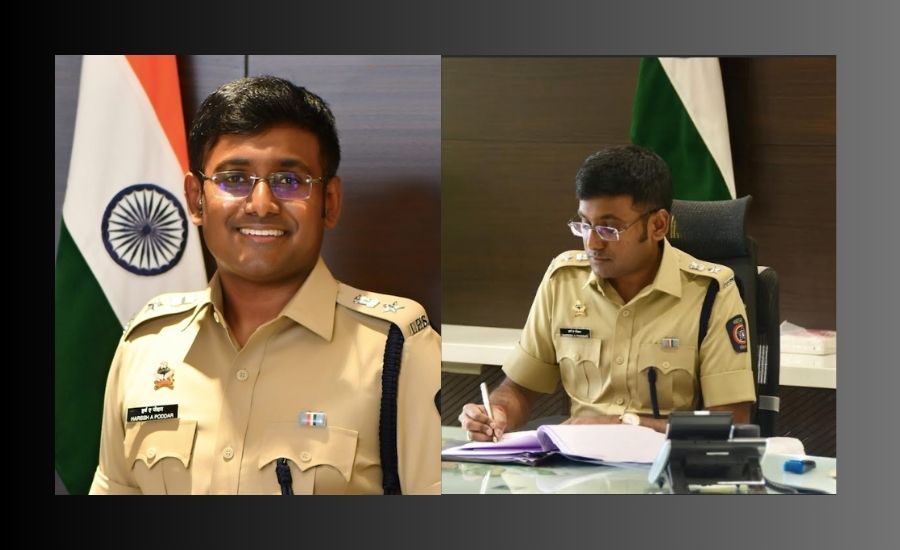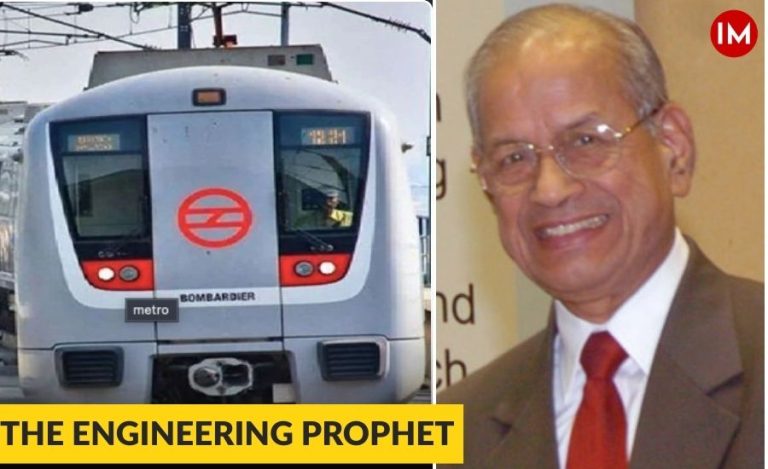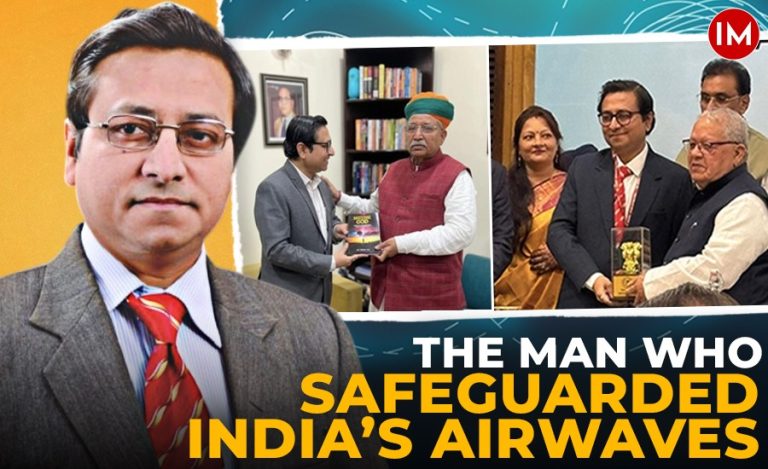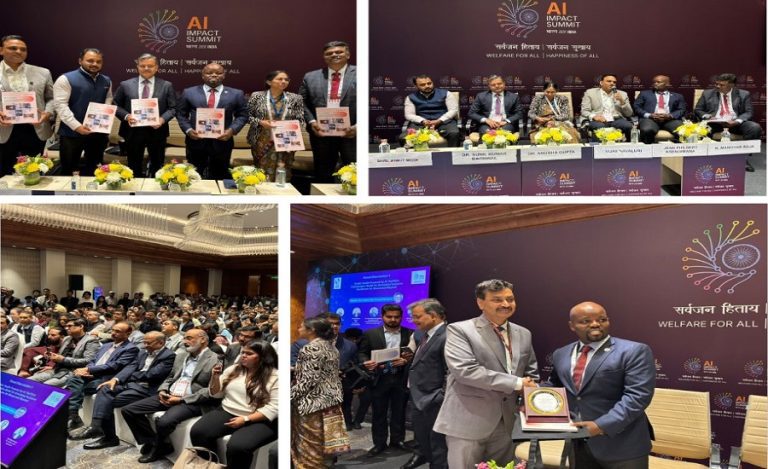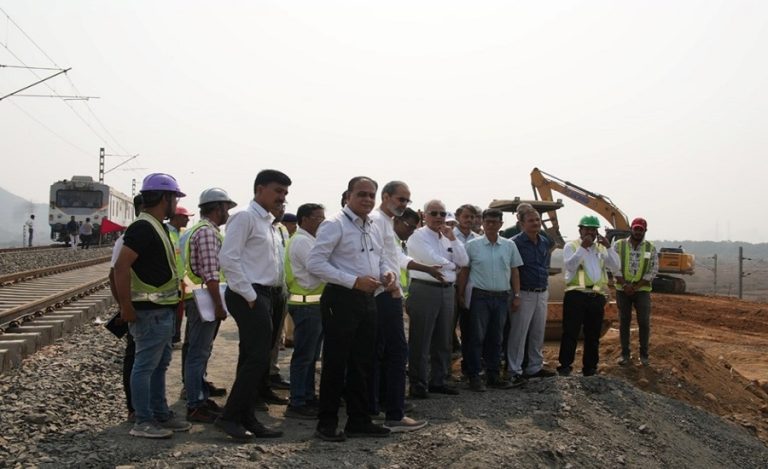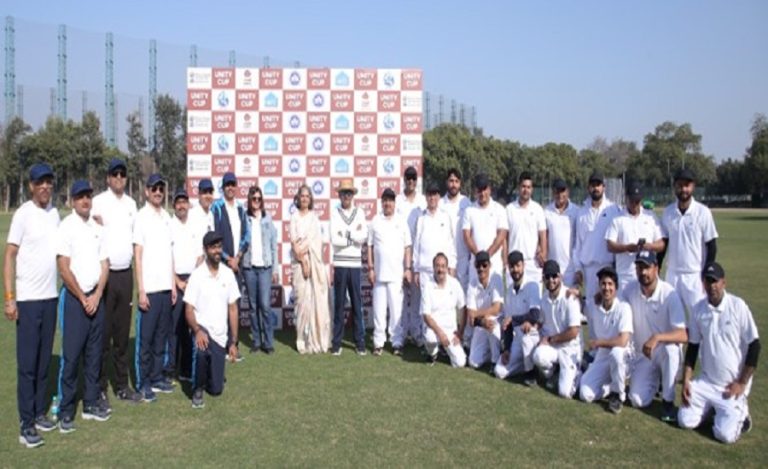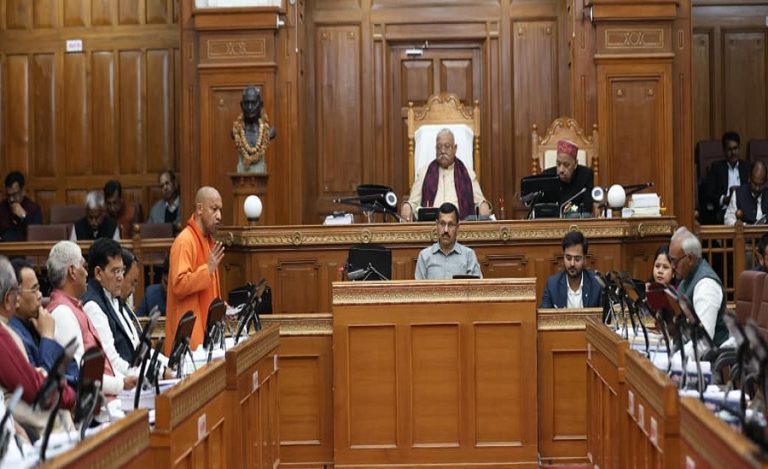Artificial Intelligence is shaping the next frontier of policing in India, and Maharashtra has positioned itself at the forefront of this transformation. At the center of this evolution is IPS Harssh Poddar, Superintendent of Police, Nagpur Rural, and CEO of MARVEL, the state’s newly created artificial intelligence command hub for law enforcement.
For Poddar, the shift toward AI is not just technological—it is structural, strategic, and inevitable.
“Look, the basic fuel behind artificial intelligence and machine learning is data. And in most instances, government departments tend to have large silos of data,” he begins, drawing a clear connection between modern policing and informed decision-making. According to him, government systems collectively possess more data than perhaps any other institution in the world. “Government by itself is probably the largest resource of almost all kinds of data that affect public life as compared to any other institution in the country or even in the world.”
This reality applies strongly to policing. “It’s the same in law enforcement for all of the different sectors relating to law enforcement, be that crime, be that law and order, be that traffic, be that counter-terror, be that left-wing extremism, all of these are sectors that actually harbour large sets of data.”
With such vast repositories, the next challenge is interpretation — and that is where AI steps in.
“What artificial intelligence is actually able to do for us is make sense of this data for us in terms of being able to sift through large volumes of data, detect patterns for us, detect common trends for us, detect central masterminds for us, detect and also make suggestions on how that data can actually be leveraged in a more scientific or in a more efficient manner.”
He illustrates this with a simple, relatable example: traffic congestion.
“For example, let’s say if you’re talking about traffic situations, if you’re able to ingest large volumes of traffic data, a well-designed artificial intelligence algorithm is actually able to suggest mechanisms by which traffic can be made much, much more efficient across cities that face congestion, largely because it is being able to ingest and analyse data at a much higher capacity than an average human being.”
But the power of AI extends far beyond traffic.
“It’s the same with regard to organised crime. So for example, with narcotics or human trafficking, these are sectors where typically you have organised gangs in operation, which leave behind trails across many states. So that’s a lot of data. This is data that can be sifted through using artificial intelligence to again detect patterns as also be able to detect who the masterminds of these activities are.”
MARVEL : THE BACKBONE OF MAHARASHTRA”S AI POLICING VISION
To consolidate and standardize AI deployment across departments, the Government of Maharashtra created MARVEL — a special purpose vehicle entirely owned and operated by the state.
“So it is exactly to consolidate all of these systems that Marvell has been created… instead of having different departments of the government actually using fragmented tools which don’t actually speak to each other or tools that are designed by private entities, which obviously risks the government’s sensitive data.”
Unlike other states relying on private vendors or scattered procurement frameworks, Maharashtra created a centralized strategy.
“This is very distinct from the way other states are dealing with it… But in Maharashtra, it’s being done through one centralized tool or rather one centralized entity, which is Marvell.”
ETHICS, PRIVACY AND ACCOUNTABILITY
With AI comes legitimate concerns: privacy, transparency, and public trust. Poddar acknowledges this.
“We in India, we don’t have a specific legal regime for the regulation of artificial intelligence like let’s say the European Union has or California has.” However, the Data Protection Act, he notes, offers exemptions for government use while still framing guidelines.
To ensure ethical safeguards, MARVEL has partnered with academia.
“We have sets of experts who actually oversee the designing of the solutions in order to respond to the ethical concerns… In Marvell, this is specifically being done through a collaboration with IIM Nagpur, where cutting edge academicians… are able to pre-assess the tools that are being designed so that these ethical concerns are addressed.”
Human Judgment Will Remain Central
Despite rapid automation, Poddar rejects the idea that AI will replace the police force.“We don’t foresee a near future, at least, where artificial intelligence algorithms are able to supplant the human agency that exists in law enforcement.”
Instead, AI will take over repetitive tasks under human supervision. “What we foresee is that artificial intelligence will be able to take over a lot of the routine or mundane tasks… but at the same time, with the presence of human guardrails… to provide feedback… and ensure that the response thereafter gets more and more refined and more and more superior.”
He calls this process alignment — where technology continuously improves based on human value systems.
AI IN ACTION : A SOLVED CASE THAT WAS ALMOST IMPOSSIBLE
Perhaps the strongest illustration of AI’s role comes from a harrowing hit-and-run case in Nagpur Rural—a viral video that showed a grieving husband carrying his wife’s body on a motorcycle after she was killed by a truck. The case had no eyewitness clarity — only one detail: the truck had some red markings.
Poddar recounts: ”The first filtered trucks with similar markings. The second analyzed speed-distance anomalies.” “Using this, we were able to narrow it down to three trucks… and we seized that truck from Uttar Pradesh… and the accused was brought to book.”
With traditional policing alone, the case may never have been solved. As crime evolves, so must policing — and Maharashtra’s experiment with AI may well become the model the rest of India follows. With Poddar’s approach, the future of law enforcement looks smarter, sharper and undeniably transformative.

